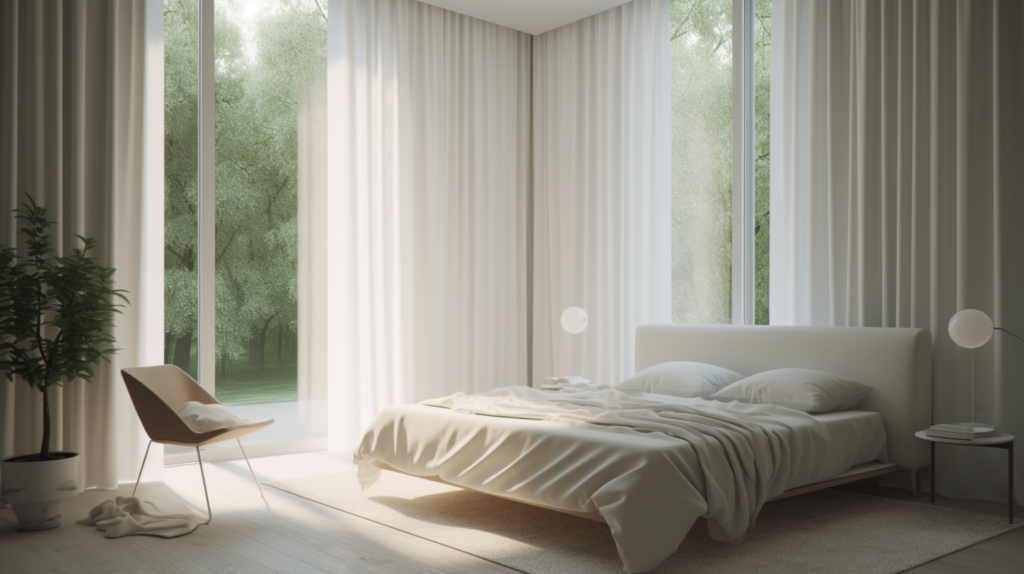In a world where consumerism often dominates our lives, the allure of a minimalist lifestyle has become increasingly prominent. This concept, far more than just an aesthetic or a trend, is deeply rooted in the philosophy of living with less to enjoy more. Minimalism is not solely about decluttering your physical space; it’s a holistic approach that encompasses decluttering your mind and soul. The mental health benefits of embracing a minimalist lifestyle are profound and varied, offering a peaceful respite in our often chaotic world.
Introduction to Minimalism and Mental Well-Being
The minimalist lifestyle advocates for a shift from quantity to quality, encouraging individuals to keep only what is essential and brings joy. This philosophy applies not just to physical possessions but also to relationships, activities, and commitments. By reducing the excess in all areas of life, minimalism paves the way for a clearer, more focused mind, leading to improved mental health.
Reducing Stress and Anxiety
One of the most significant mental health benefits of adopting a minimalist lifestyle is the reduction of stress and anxiety. A cluttered space often reflects and contributes to a cluttered mind. By simplifying your environment, you can create a serene and peaceful atmosphere that encourages relaxation and reduces the stimuli that trigger stress and anxiety. Minimalism isn’t about creating an empty space, but rather about creating a space that is free from unnecessary distractions and filled with tranquility.
Enhancing Focus and Productivity
A minimalist lifestyle can significantly enhance focus and productivity. When you remove the superfluous items and distractions from your life, you’re left with more time and energy to concentrate on what truly matters. This increased focus naturally leads to higher productivity, as you’re able to dedicate your resources to your most important tasks without the constant tug of unnecessary obligations or possessions.
Fostering Mindfulness and Self-Reflection
Minimalism naturally encourages mindfulness and self-reflection. By owning fewer things and engaging in fewer activities, you create more space for introspection and self-awareness. This can lead to a deeper understanding of your values, desires, and goals. Living a minimalist lifestyle allows you to be more intentional with your choices, fostering a sense of mindfulness that can be incredibly beneficial for mental health.
Building Stronger Relationships
Interestingly, a minimalist lifestyle can also lead to stronger, more meaningful relationships. When you’re not overwhelmed by possessions and commitments, you have more time and energy to invest in relationships. This focused approach to social interactions leads to deeper, more fulfilling connections. Furthermore, minimalism often involves a journey of self-discovery, and understanding yourself better enables you to relate to others in a more authentic and compassionate way.
The Path to a Healthier Mind
The minimalist lifestyle is more than just a way to organize your physical space; it’s a powerful tool for mental well-being. By reducing clutter, both physically and mentally, you can reduce stress and anxiety, increase focus and productivity, foster mindfulness, and build stronger relationships. As you embark on or continue your minimalist journey, we invite you to reflect on the changes in your mental health and share your experiences in the comments below. Whether you are a seasoned minimalist or just beginning to explore this lifestyle, your insights can inspire and guide others on their path to a healthier, more mindful life.

